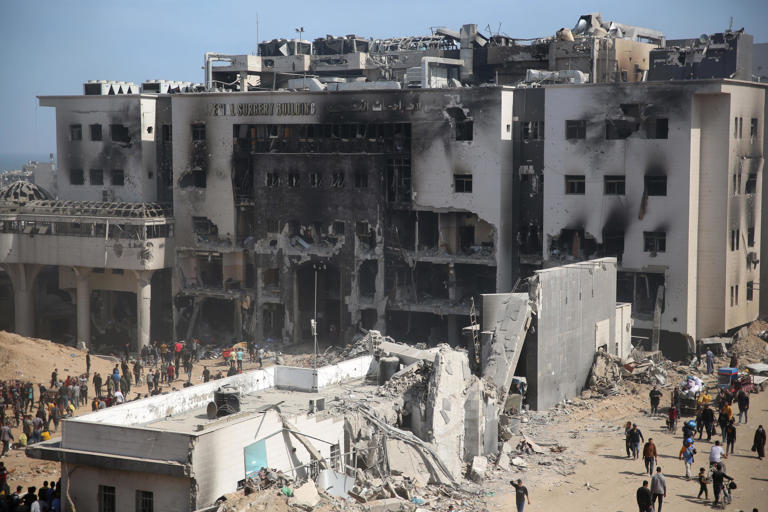Turkish Air Strikes Cut Water Access For Over One Million In Syria.
Turkish air strikes in north-east Syria have left more than one million people without access to water, compounding the region’s humanitarian crisis. Strikes on vital infrastructure in Hassakeh province, already reeling from years of drought and civil war, have shut down the main water station at Alouk.
The strikes, part of Turkey’s campaign against Kurdish-led forces in the region, targeted power stations, oil fields, and gas facilities between October 2019 and January 2024. These attacks have been criticised by experts as potentially violating international law, given their devastating impact on civilians.
With the Alouk station out of operation, water deliveries by tanker are now the sole lifeline for residents. These deliveries prioritise schools, hospitals, and orphanages, but they are insufficient for the population’s needs. Desperation has led to disputes over water access, with some residents threatening tanker drivers to secure supply.
“Water is more precious than gold here,” said Ahmad al-Ahmed, a tanker driver. Others, like local water board co-director Yayha Ahmed, warn of an impending “humanitarian catastrophe.”
The Turkish government has justified its actions as targeting the “income and capabilities” of Kurdish groups it designates as terrorists. It also cited poor water management and neglected infrastructure as contributing factors to the crisis. However, the Autonomous Administration of North and East Syria (AANES), a Kurdish-led body established in 2018, accuses Turkey of attempting to dismantle their community.
The strikes have not only disrupted access to water but have also caused widespread power outages. Satellite imagery reviewed by NASA confirmed significant blackouts following the January 2024 attacks on electricity transfer stations and the Swadiyah power plant.
Hassakeh’s struggles illustrate the broader challenges facing north-east Syria, a region caught between the Syrian civil war, Turkey’s conflict with Kurdish-led forces, and the effects of climate change. Despite these challenges, local engineers and tanker drivers work tirelessly to provide water to those in need, but the scale of the crisis demands urgent international attention.
The situation underscores the harsh reality of war’s impact on essential services, leaving millions vulnerable and reliant on precarious solutions for survival.



